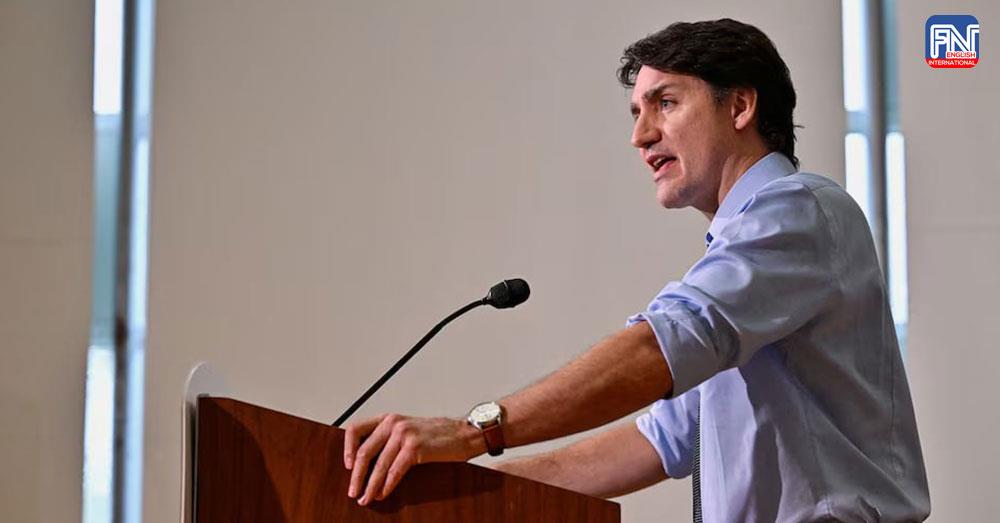OTTAWA, Apr. 8 (Reuters) - Canada, under U.S. pressure to boost defense spending, on Monday pledged billions more for the armed forces and said military expenditures would be closer to the NATO target by 2030.
In a defense policy update, Prime Minister Justin Trudeau's Liberal government said protecting the Arctic, as well as dealing with challenges from Russia and China, meant Ottawa needed to do more.
"We are stepping up once again, to preserve and defend the rules-based order that has allowed people around the world to prosper," he told reporters.
Military spending is set to hit 1.76% of its gross domestic product by 2030, still short of the 2% target NATO sets for members, but up from the current 1.4%. Officials told reporters there was no target date to hit the 2% mark.
It is also unclear how much of the program will be put into effect, since polls show the Liberals trailing the official opposition Conservative Party ahead of an election that must be held by late October of 2025.
The U.S., which has for years been leaning on Canada to boost defense spending, welcomed the update.
"The policy appears to articulate a substantial down payment toward Canada's pledge to meet its NATO commitment," David Cohen, the U.S. ambassador to Canada, said in a statement.
In February, Cohen noted other nations were doing more on defense and said: "I don't think Canada has any interest in being that kind of an outlier in NATO."
Canada, which has an annual defense budget of around C$31 billion ($22.8 billion), aims to spend an extra C$8.1 billion over the next five years and a total of C$73 billion more over the next 20 years.
The world's second-largest country by territory, Canada only has 40 million people and must also help monitor an Arctic territory covering 4.4 million square km (1.7 million square miles) of land and water.
"The most urgent and important task we face is asserting Canada's sovereignty in the Arctic," the update said, citing the increasing Russian and Chinese ability to operate in the North.
Canada will invest in northern operational support hubs, coastal and underwater sensors and new tactical helicopters to replace a fleet which will become obsolete in the next decade.
Conservative defense spokesman James Bezan dismissed the announcement as not enough money being spent, citing official reports of a crisis in recruiting military personnel and a large amount of unserviceable equipment.
"Trudeau is once again kicking the can down the road by committing most of the defense spending in today's announcement until after the next election," he said in a statement.

Photo from Reuters